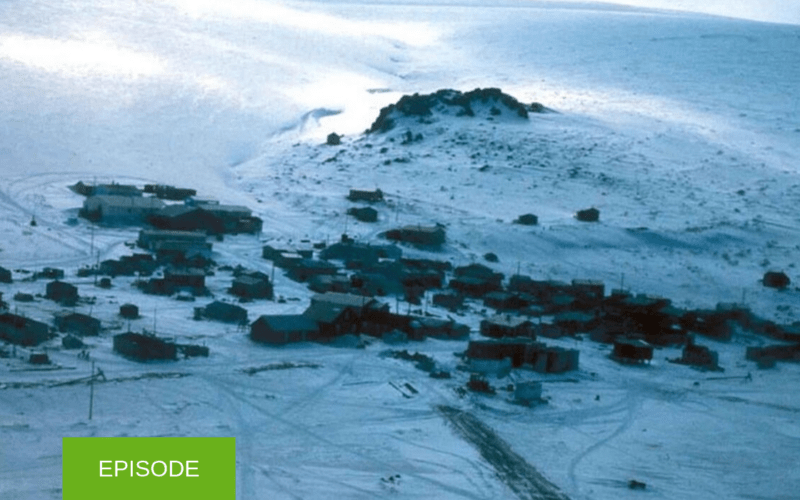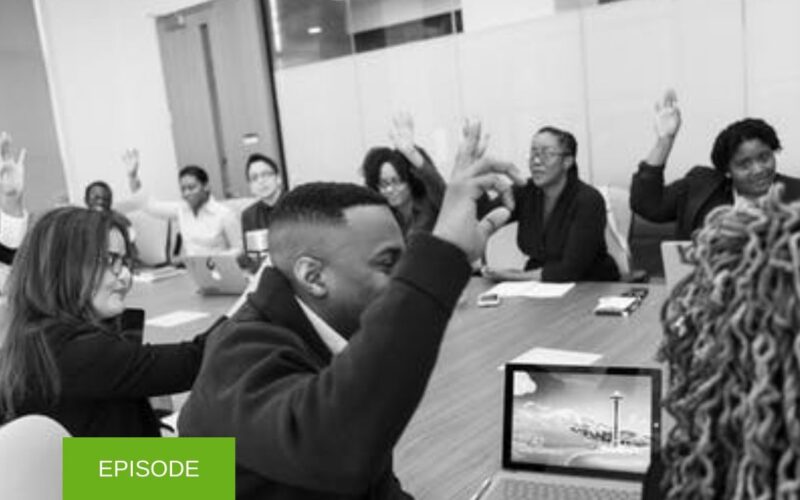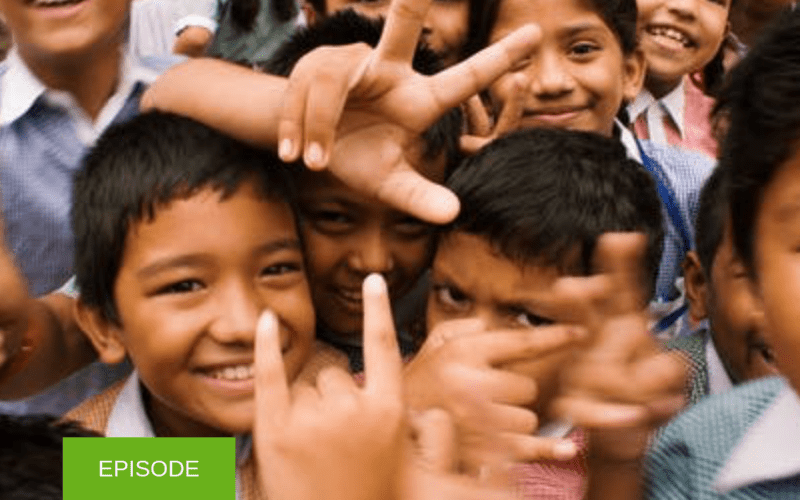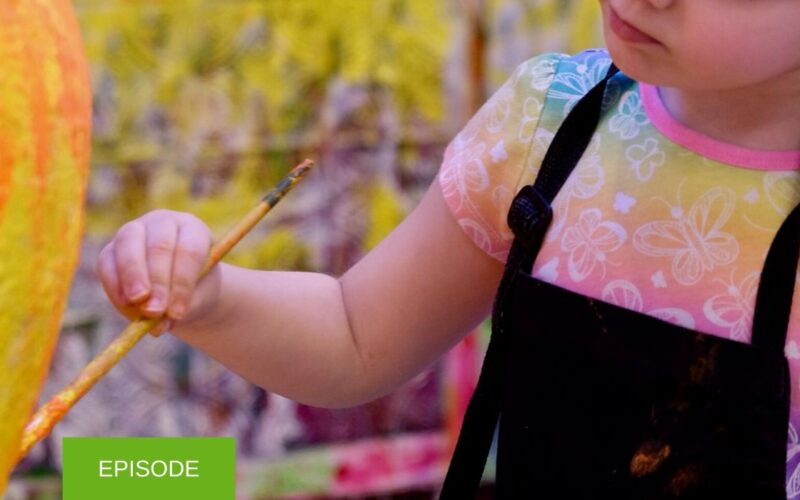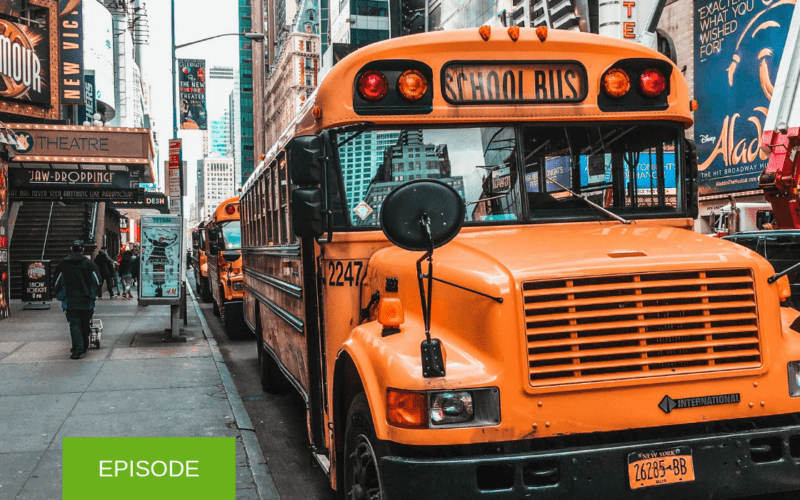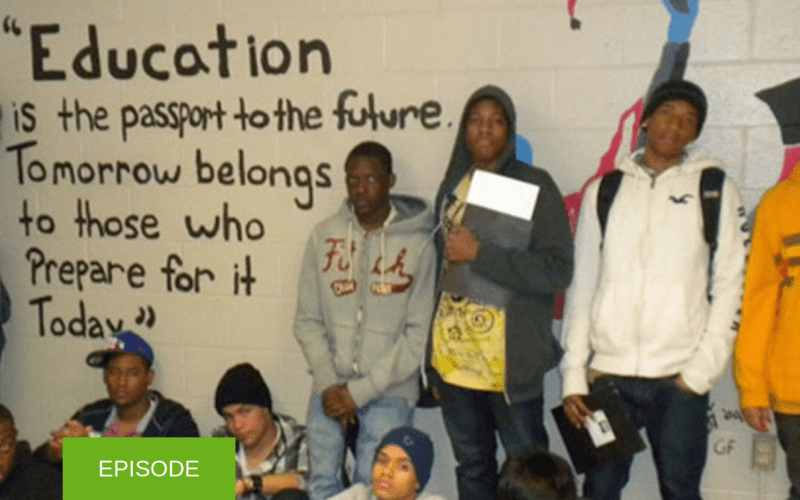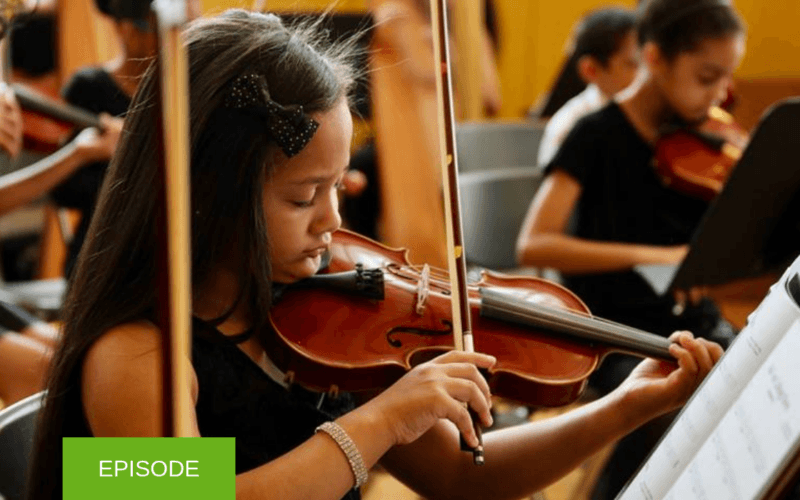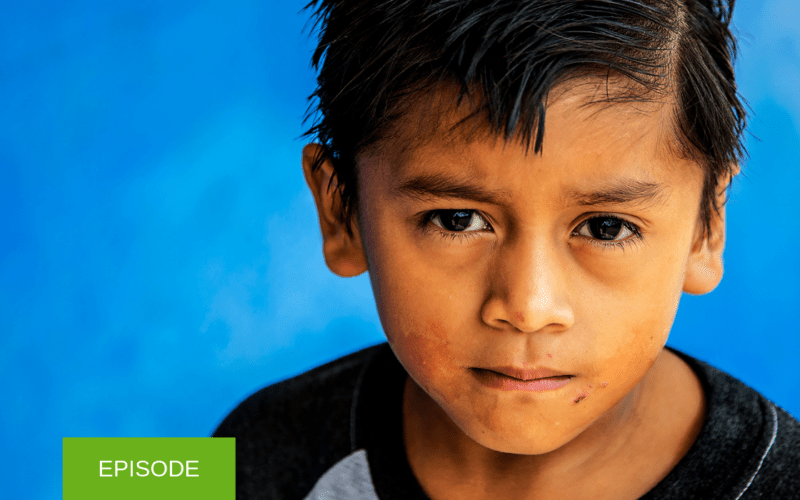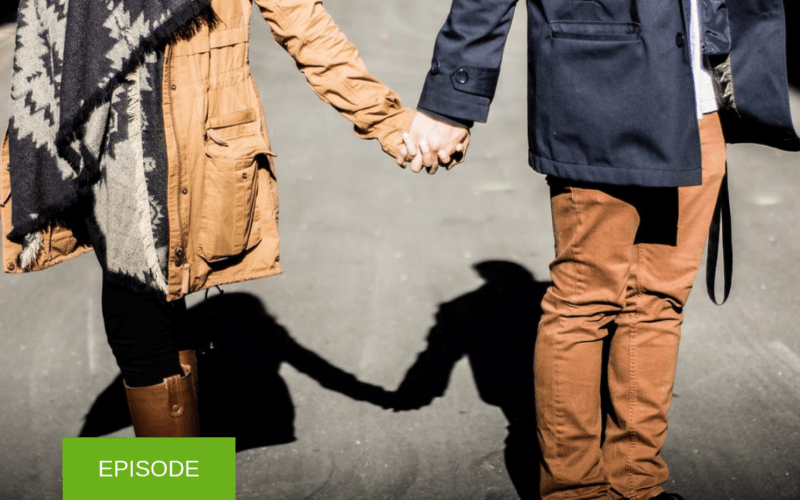Melissa Rivers on Community-Based Education in Rural Alaska
We speak with Melissa Rivers, Principal of the Scammon Bay School in Alaska’s Lower Yukon, a mile from the Bering Sea. The isolated, tight-knit Yupik Eskimo community is subsistence-based, harvesting moose and salmon. Students are artistic and learn by making things, but also must prepare for standardized tests designed for very different environments. For the past several years, Scammon Bay has participated in a cross-cultural exchange program run by the Alaska Humanities Forum to promote understanding among Alaska’s urban and rural communities.
Read More
